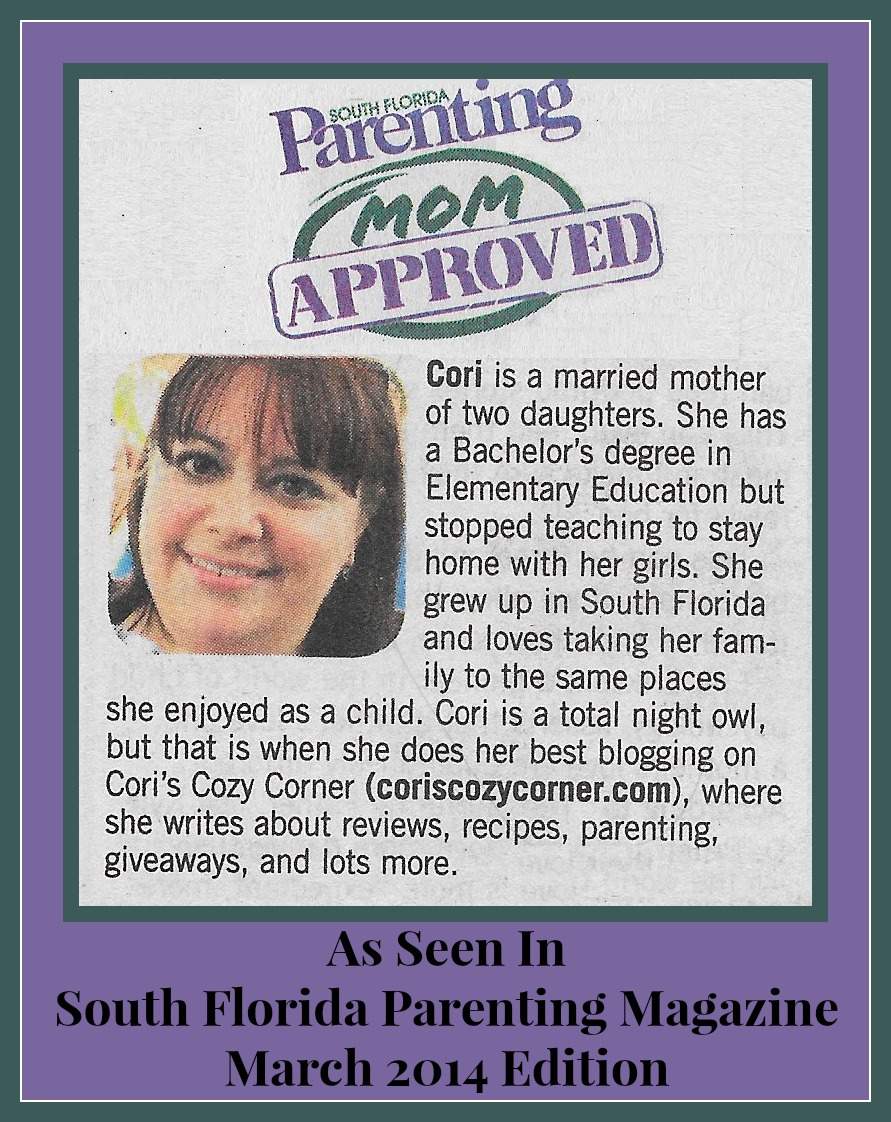 Autism has a range of symptoms, from mild to severe, and is present in all ethnic and socioeconomic groups.
Autism has a range of symptoms, from mild to severe, and is present in all ethnic and socioeconomic groups.
While the CDC recognizes four types of autism, there may be other forms of autism that have not been documented. As such, it is important that you work with your doctor when determining if your child has autism.
Let’s take a look at the different types of autism and how autism affects children. Read on!
Types of Autism
Early signs of autism can be difficult to spot. One early sign may be a lack of eye contact. A child with autism may also avoid physical contact, prefer to be alone, and have trouble understanding emotions.
They may also have difficulty communicating, and may use repetitive behaviors or say the same thing over and over.
There are four main types of autism spectrum disorders, each with its own set of symptoms and differing levels of severity.
Asperger’s Syndrome
Asperger’s Syndrome is a form of autism that’s characterized by difficulties in social interaction and nonverbal communication, as well as restricted and repetitive patterns of behavior and interests.
People with Asperger’s Syndrome typically have difficulty understanding and responding to social cues, and may seem uninterested in or unaware of others’ emotions. They may also have trouble making new friends and may be socially awkward.
It is a spectrum disorder, meaning symptoms and severity can vary from person to person.
Pervasive Developmental Disorder – Not Otherwise Specified (PDD-NOS)
PDD-NOS is a mental disorder that is characterized by delays in the development of social and communication skills.
Individuals with PDD-NOS typically have difficulty with social interactions and may display unusual behaviors. It’s considered to be a milder form of Autism Spectrum Disorder (ASD).
Rett’s Syndrome
Retts Syndrome is a rare neurological disorder that primarily affects girls and causes progressive deterioration of the brain and nervous system. The disorder is characterized by mental retardation, delayed development of motor skills, and loss of speech and language skills.
Also, girls with Rett’s Syndrome often have seizures and exhibit autistic-like behaviors. There is no known cure for this syndrome and most girls with the disorder require lifelong care.
Childhood Disintegrative Disorder (CDD)
CDD is a rare condition in which children experience a marked regression in multiple areas of functioning, including social, communication, and motor skills, after at least two years of apparently normal development.
There is no known cause of CDD, though it’s believed to be neurological in origin. Some researchers believe that it may be related to autism spectrum disorder, though the two conditions are not identical.
CDD is diagnosable in children who experience a significant loss of skills in at least two of the following areas.
- Loss of social skills
- Loss of communication skills
- Loss of motor skills
- Lack of cognition
- Uninterested in play
- Loss of daily living skills
Treatment typically focuses on addressing the child’s individual needs in the areas of communication, socialization, and behavior.
If a child has one of these types, try DIR Floortime therapy to build a healthy foundation for social, emotional, and intellectual capacities. It is a technique that can be used by parents and professionals to build engaging and meaningful relationships with children.
Know the Different Types of Autism Today
Now that you know the different types of autism, you can better understand which type or types may apply to you or your loved one.
If you believe you or your loved one may have autism, don’t hesitate to reach out to a professional for help.
Did you find this article helpful? Visit more of our blogs!






Speak Your Mind